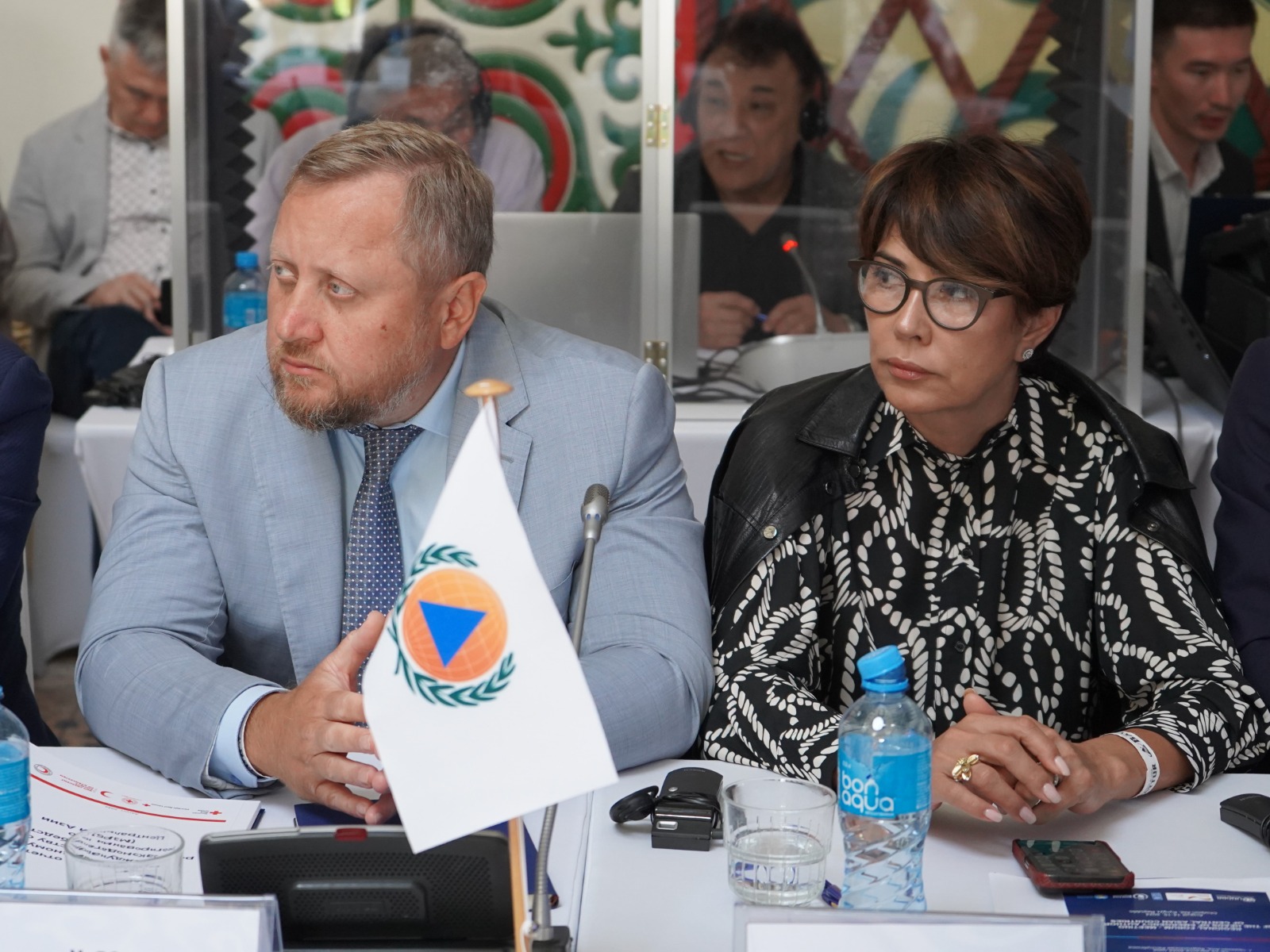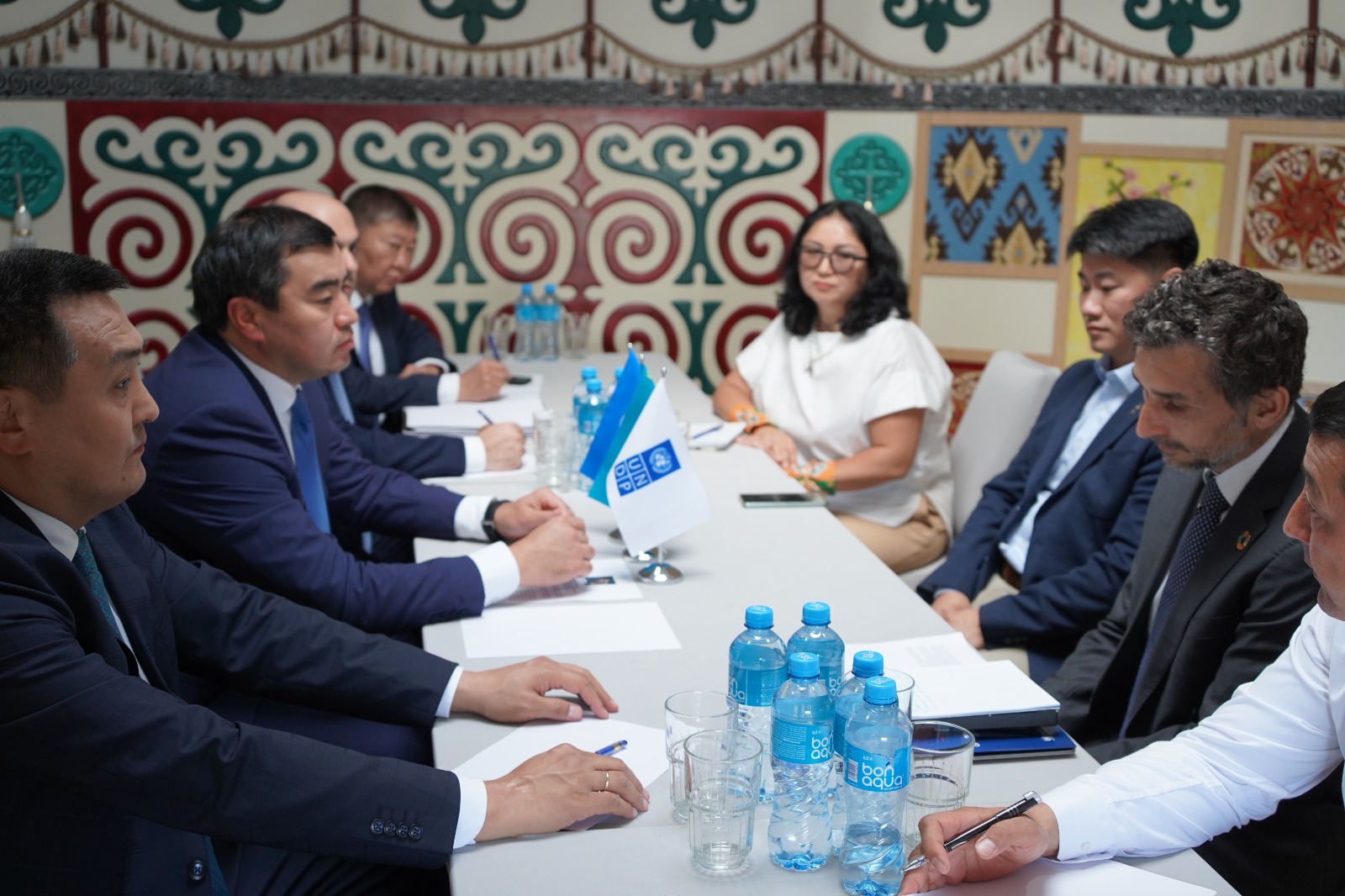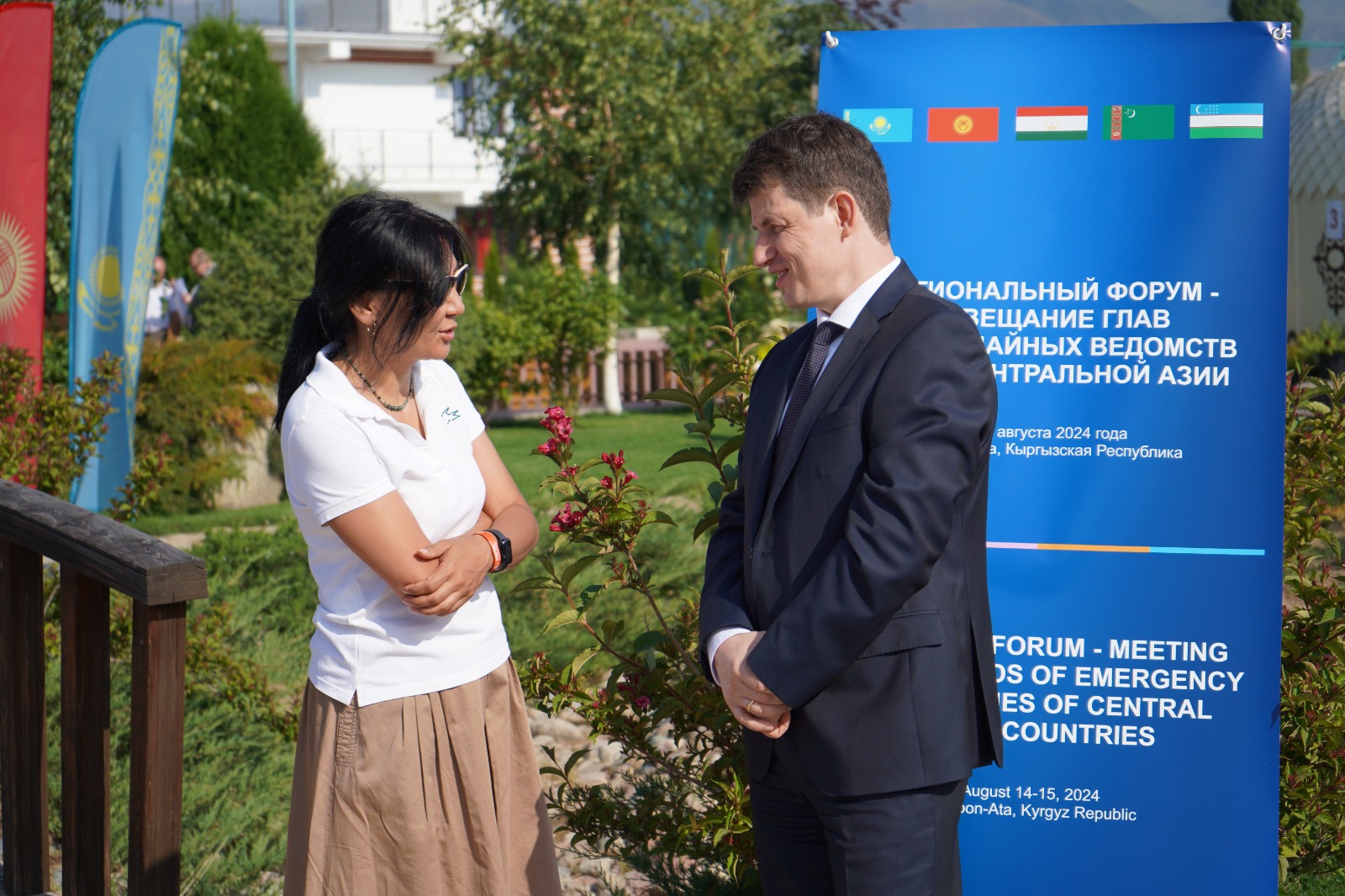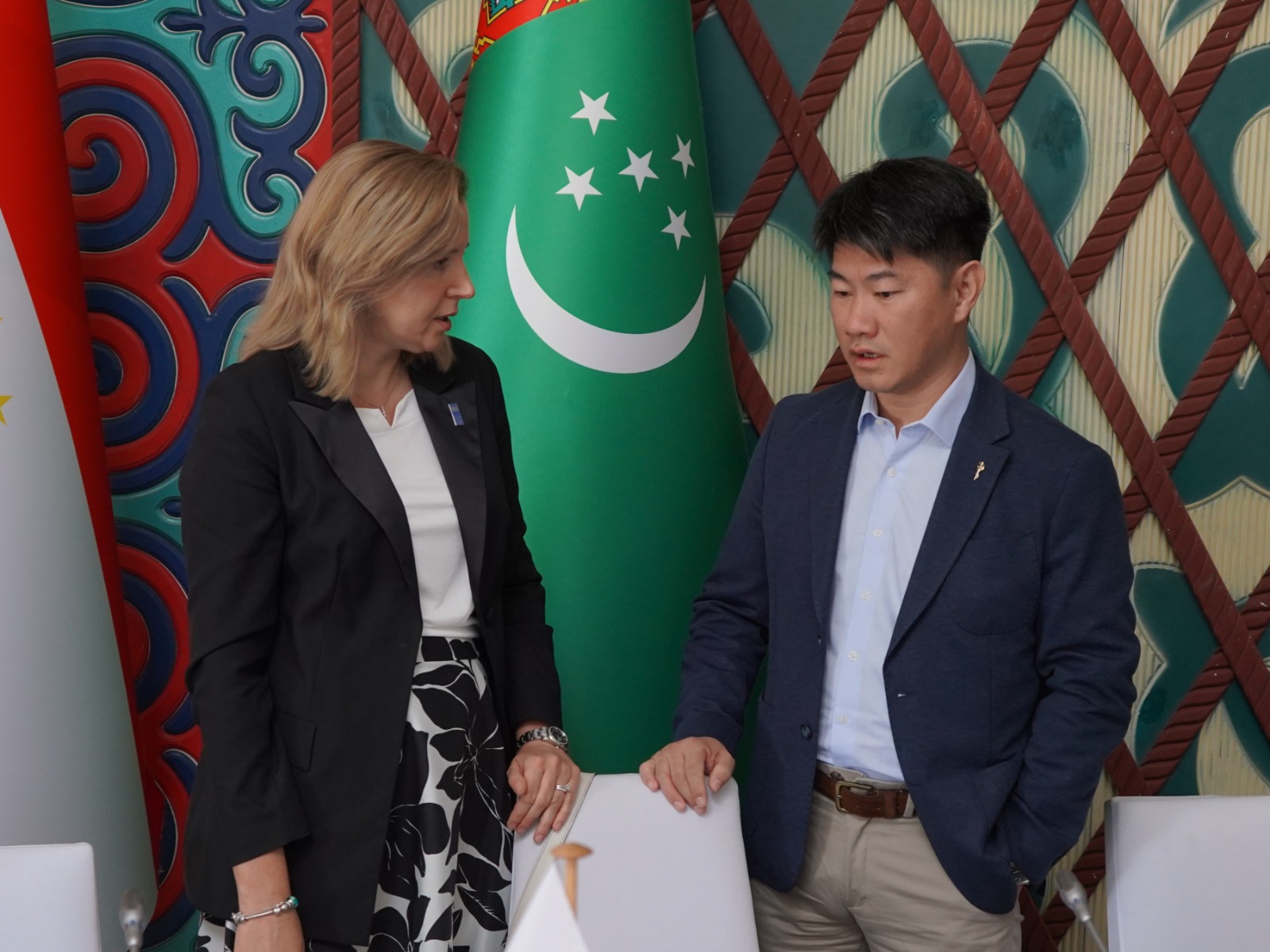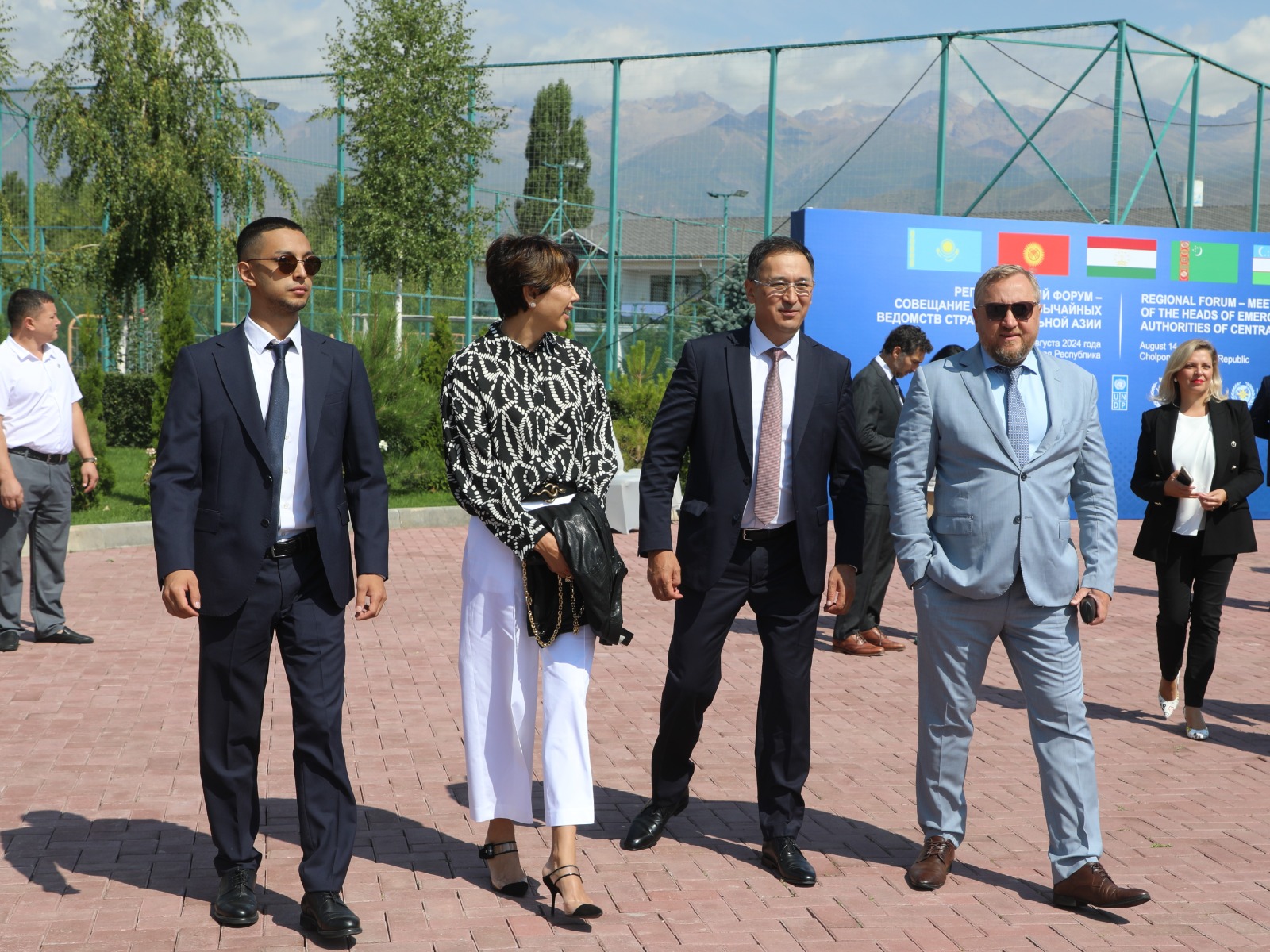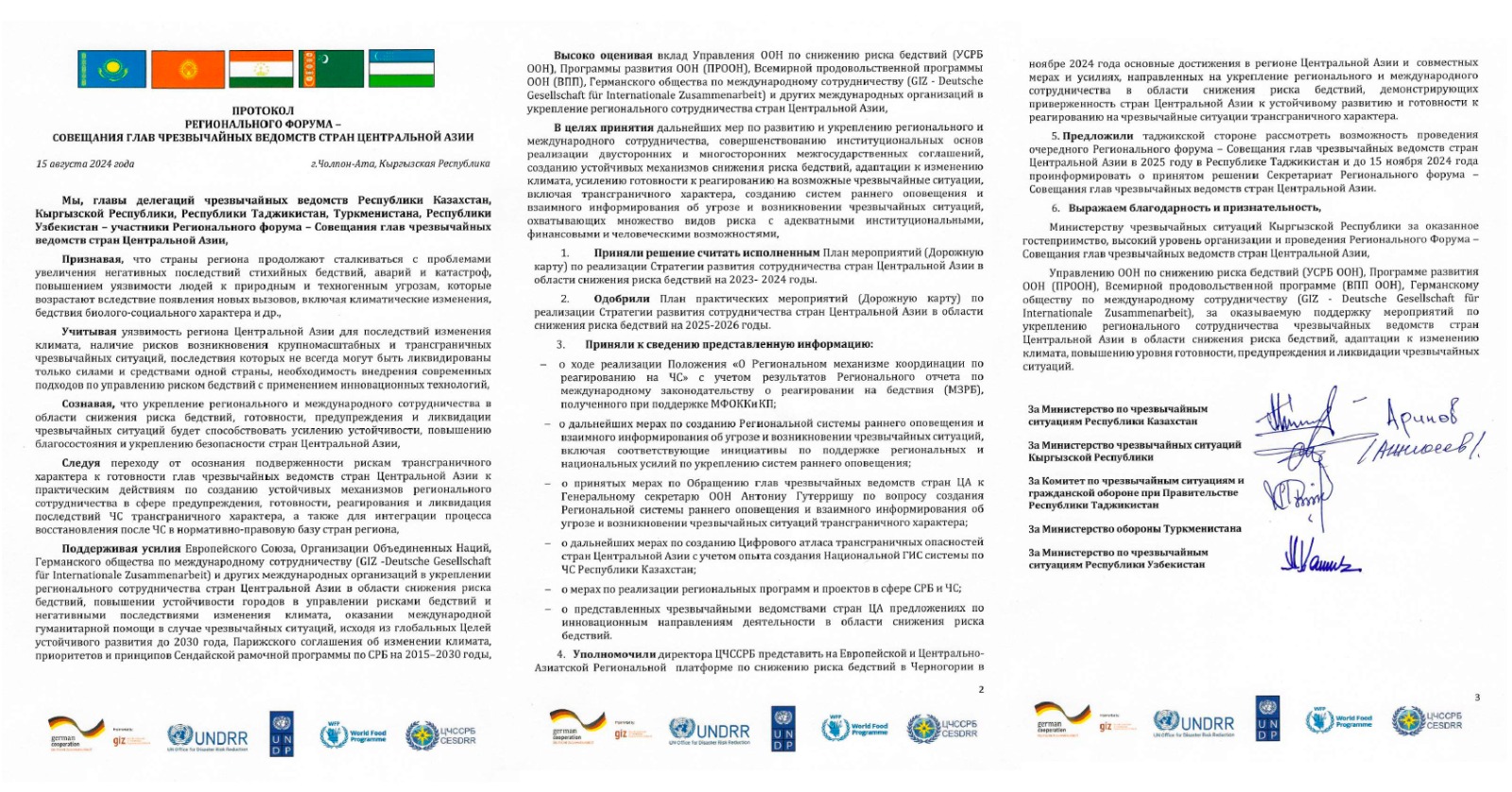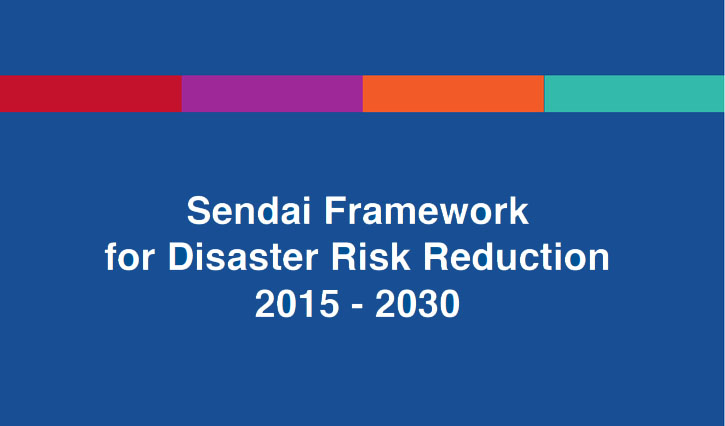The outcomes of the recent Regional forum-Meeting of the Heads of Emergency Authorities of the Central Asian countries
On August 15, 2024, a high-level event took place in Cholpon-Ata under the chairmanship of the Kyrgyz side: the Regular Regional Forum - Meeting of the Heads of Emergency Authorities of Central Asian countries.
This event was supported by the UN Office for Disaster Risk Reduction, the UN Development Program, and the German Society for International Cooperation (GIZ).
The Regional Forum was attended by delegations led by the heads of emergency authorities of the Republic of Kazakhstan, the Kyrgyz Republic, the Republic of Tajikistan and the Republic of Uzbekistan, along with the leaders from international organizations such as WFP, UN FAO, OSCE, ICDO and others.
Opening the Regional Forum, the Minister of Emergency Situations of the Kyrgyz Republic, Boobek Azhikeev, emphasized the importance of this event for constructive dialogue, exchange of information and experience, discussion of the situation in the region and identification of key tasks in the context of the increasing impact of climate change.
The Minister for Emergency Situations of the Republic of Kazakhstan, Chingis Arinov, highlighted that the issues discussed and decisions made at the Regional Forum would contribute to improving the institutional foundations for the implementating bilateral and multilateral interstate agreements, creating resilient mechanisms for disaster risk reduction, strengthening preparedness for large-scale and transboundary emergencies, taking into account new factors and trends.
In his speech, the First Deputy Chairman of the Committee for Emergency Situations and Civil Defense under the Government of the Republic of Tajikistan Latifzoda Hotamsho supported the opinion of his colleagues and noted that the Regional Forum is rightfully an authoritative platform for open dialogue, exchange of practices and the development of common approaches to enhance interaction and deepen integration processes and expand cooperation between Central Asian countries in prevention and response to emergency situations. The participation of high-level leaders and experts reflects Central Asian countries’ commitment to expanding and strengthening cooperation to develop joint plans and coordinated actions to reduce the negative effects of climate change and, related natural disasters.
The Minister for Emergency Situations of the Republic of Uzbekistan Abdulla Kuldashev emphasized the importance of joint work to assess the conditions for floods, mudflows and landslides on transboundary rivers to develop concrete proposals and conduct practical activities, stressing that cooperation will continue to develop constructively with a focus on achieving practical results for the benefit of the people of Central Asia.
During their speeches, all heads of emergency authorities highlighted the traditionally friendly relations between Central Asian countries and thanked each other for solidarity and humanitarian assistance provided during the current year.
In his welcoming speech, Deputy Head of the UNDRR Regional Office for Europe and Central Asia Mr. Sebastien Penzini, Head of the UNDP Permanent Mission in the Kyrgyz Republic Ms. Alexandra Solovyova, Head of the GIZ project “Climate Risk Management in Central Asia” Mr. Sergey Makarov also underscored that collaboration helps achieve common goals and make the community more resilient. The Regional Forum is an important platform for such cooperation. They expressed their readiness to provide further support both in the organization of the Regional Forum and in disaster risk reduction efforts at the regional level.
One of the sessions of the forum was dedicated to the presenting information and reports by international organizations on regional disaster risk reduction programs and projects in Central Asian countries. Speakers included heads and representatives from international organizations such as the OSCE Program Office in Bishkek, the UNDP Regional Center in Istanbul, UNDRR, GIZ, WFP, FAO, UNICEF, IFRC.
As the result of the Regional Forum - Meeting of the Heads of Emergency Authorities of Central Asian countries, the following documents were discussed and approved:
1. The Action Plan (Road Map) for the implementation of the Strategy for the Development of cooperation between Central Asian countries in disaster risk reduction for 2025-2026 has been adopted. (https://cesdrr.org/uploads/docs/2024/en/6-й%20вопрос%20ДК%20на%202025-2026гг_En.pdf)
2. The recognition of the comprehensive measures for advancing 3 key initiatives of the Center:
• The progress of implementation of the Regulation "On the Regional Coordination Mechanism for Emergency Response" based on the results of the Regional Report on International Disaster Response Law (IDRL), received with the support of the IFRC; (https://cesdrr.org/uploads/docs/2024/en/1-й%20вопрос%20Пояснительная_записка_по_Механизму_03.07._En.pdf)
•Further measures to establish a Regional Early Warning System and mutual information on threats and emergencies, including initiatives to support regional and national efforts to strengthen early warning systems; (https://cesdrr.org/uploads/docs/2024/en/2-й%20вопрос%20РСРО_En.pdf)
•Further measures for developing a Digital Passport and Atlas of Transboundary Hazards in Central Asia, based on the collaboration between the Center and the OSCE Office in Astana. (https://cesdrr.org/uploads/docs/2024/en/4-й%20вопрос%20Пояснительная_Рег.атлас_En.pdf)
The personal participation of the heads of emergency authorities in the Regional Forum reflects their leadership in pursuing close cooperation and practical interaction, undertaking joint efforts for the sustainable development of the region, and achieving goals and objectives in disaster risk reduction.
During the Regional Forum, all heads of emergency authorities held a series of bilateral meetings with leaders of international organizations such as UNDRR, WFP, IFRC, GIZ, ICDO.
A notable outcome of the bilateral meeting between the Ministry for Emergency Situations of Uzbekistan and the Ministry of Emergency Situations of Kyrgyzstan was the signing of a Plan for joint activities for cooperation in Emergency Prevention and Response for 2025-2026.
Another significant event was the conclusion of a Memorandums of Understanding and Cooperation between the Center and WFP in Kyrgyzstan and Tajikistan.
The final document of the Forum's work was a Protocol signed by all heads of delegations from Central Asian countries. (https://cesdrr.org/uploads/docs/2024/Protocol_RF-2024.pdf)
Forum participants expressed their gratitude and appreciation to the UN Office for Disaster Risk Reduction, the German Society for International Cooperation (GIZ), and the UN Development Programme for their close cooperation and support in organizing the event, and also thanked the host country for its warm hospitality!














